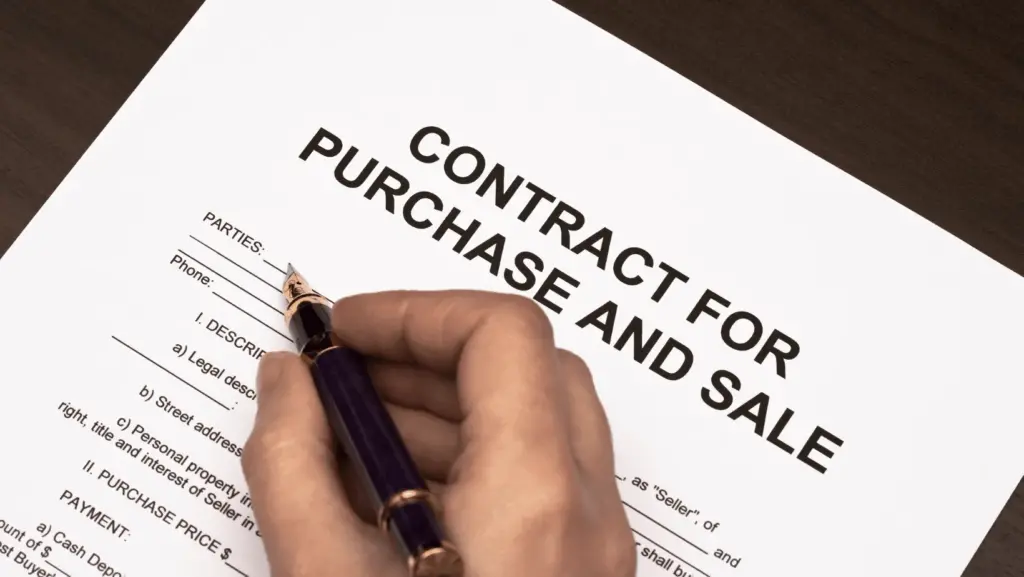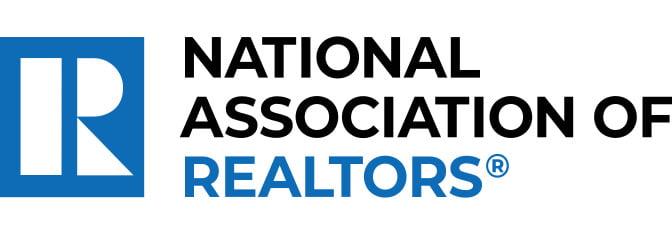What is a Real Estate Agent?
A real estate agent is a licensed individual who helps people buy, sell, or rent homes and other properties. An agent can specialize in residential, commercial, luxury, multi-family, vacant land, etc. Think of them like a guide on a journey. Just like you wouldn’t climb a mountain without a guide, buying or selling a house without a real estate agent can be risky and complicated. Real estate agents have the knowledge, skills, and tools to help you make the best decisions during this important process.
Agents are licensed professionals. This means they’ve passed tests and met specific requirements to legally help you with real estate transactions. Licensing is not only for the agent, it is also for the public’s protection. They know the correct rules, the paperwork, and the steps needed to buy or sell a property.
There are two main types of agents:
- Buyer’s Agent (or Selling Agent) : Represents the buyer in the transaction. They help the buyer find homes, make offers, and negotiate with sellers.
- Seller’s Agent (or Listing Agent): Represents the seller. They help the seller price the home, market it, and negotiate offers from buyers.
What Real Estate Agents Are Not
It’s important to understand that real estate agents are not magicians. They cannot make a house sell for more than it’s worth, nor can they guarantee that you’ll find the perfect home on the first try. They also aren’t lawyers, although they are familiar with real estate laws. If there’s a complex legal issue, you might need to consult with a real estate attorney.
Agents are also not home inspectors or appraisers. While they can give you advice based on their experience, they don’t have the specialized training to inspect the structural integrity of a home or determine its exact value. For those tasks, professionals like inspectors and appraisers are brought in.
It is always recommended to fully understand what an agent can and cannot do for you as a buyer or seller prior to engaging in any services or contracts.

Why Use a Real Estate Agent?
Knowledge and Experience: Real estate agents have access to the Multiple Listing Service (MLS), a database of homes for sale that is only available to licensed agents. This allows them to find properties that meet your needs quickly. They also understand market trends and can help you make informed decisions. For example, they can tell you if a home is priced too high, too low, or just right based on current market conditions.
Negotiation Skills: Whether you’re buying or selling, negotiations are a big part of the process. Real estate agents are trained negotiators. They know how to get the best deal for you while keeping the transaction moving smoothly. For instance, if you’re buying a home and the inspection reveals issues, your agent can help you negotiate with the seller to either fix those issues or lower the price.
Handling Paperwork: Real estate transactions involve a lot of paperwork, from contracts to disclosures. A mistake in the paperwork can delay the sale or even cause legal issues. Agents are familiar with the forms and can help ensure everything is filled out correctly.
Access to Professionals: Real estate agents have a network of professionals they work with regularly, such as mortgage brokers, inspectors, appraisers, and contractors. They can refer you to trusted experts who can help with various aspects of the transaction.
Time-Saving: Searching for a home or selling one can be time-consuming. Agents do much of the legwork for you, whether it’s scheduling showings, marketing your home, or handling communications with other parties. This allows you to focus on other important aspects of your life.
Why “For Sale By Owner” (FSBO) is Not a Good Idea
Some homeowners think they can save money by selling their home without an agent. This is known as “For Sale By Owner” (FSBO). While it might seem like a good idea, FSBO can actually cost you more in the long run. Here’s why:
Limited Exposure: Without an agent, your home won’t be listed on the MLS, which is the primary way buyers find homes. You’ll have to rely on less effective methods, like yard signs or online listings, which don’t reach as many potential buyers.
Pricing Problems: Pricing a home correctly is crucial. If you price it too high, it might sit on the market for a long time. If you price it too low, you might lose money. Real estate agents use their knowledge of the market to help you set the right price. Without this expertise, you’re taking a big risk.
Negotiation Challenges: Negotiating the sale of a home is tricky. Buyers might have their own agents who are experienced negotiators, putting you at a disadvantage. You might also be emotionally attached to your home, which can make it harder to be objective during negotiations.
Legal Risks: Real estate transactions involve legal contracts and disclosures. If you make a mistake or fail to disclose something important, you could face legal trouble. Real estate agents are trained to handle these documents correctly, reducing your risk.
Time and Effort: Selling a home on your own takes a lot of time and effort. You’ll have to handle everything from marketing to showings to negotiations. This can be overwhelming, especially if you have a full-time job or other responsibilities.
Lower Sale Price: Studies have shown that homes sold by agents typically sell for more money than FSBO homes. The National Association of Realtors (NAR) reports that homes sold by agents generally fetch a higher price than those sold by the owner. The higher sale price often more than covers the agent’s commission.
Example: The Smith Family’s FSBO Experience
Let’s look at a theoretical (but very real) example to see the difference an agent can make. The Smith family decided to sell their home on their own to save on the commission. They priced the home based on what they thought it was worth, not realizing the market had shifted since they last checked. The home sat on the market for months with little interest.
Frustrated, they finally decided to hire a real estate agent. The agent did a market analysis and suggested a slightly lower price, which was more in line with current market conditions. The agent also helped stage the home, took professional photos, and listed it on the MLS.
Within two weeks, the Smiths had multiple offers, and they ended up selling their home for more than their original asking price. The agent’s commission was well worth it, as they netted more money than they would have on their own.

How Real Estate Agents Benefit Other Agents
If you’re a licensed real estate agent, working with other agents can be highly beneficial. Here’s why:
Collaboration: Real estate transactions often involve multiple agents. For example, one agent might represent the buyer, and another might represent the seller. When agents work together, the transaction tends to go more smoothly. They can share information, coordinate showings, and resolve issues quickly.
Learning Opportunities: Working with other agents can be a great way to learn new techniques and strategies. Every agent has their own approach to marketing, negotiation, and client relations. By collaborating with others, you can pick up new ideas that can help you in your own business.
Referral Business: Building relationships with other agents can lead to referral business. If an agent in another area has a client moving to your area, they might refer them to you. Likewise, if you have a client moving to another area, you can refer them to a trusted agent there.
Professional Support: Real estate can be a challenging business, and it helps to have a network of other agents to turn to for advice and support. Whether you need help with a difficult transaction or just want to share ideas, having other agents in your corner can make a big difference.
Conclusion
Real estate agents play a crucial role in the home buying and selling process. They have the knowledge, skills, and tools to help you navigate this complex process successfully. While it might be tempting to go it alone, especially with FSBO, the risks often outweigh the potential savings. Whether you’re buying, selling, or a fellow agent, working with a real estate professional can lead to better outcomes and a smoother experience.
You want an experienced, knowledgeable agent in your corner to have a fiduciary duty to you. There are times where an agent may not be necessary or worth the money for every transaction, and that is ok! But when you do work with an agent, they shouldn’t feel like a “used car salesman”, they should always have your needs prioritized over theirs.










